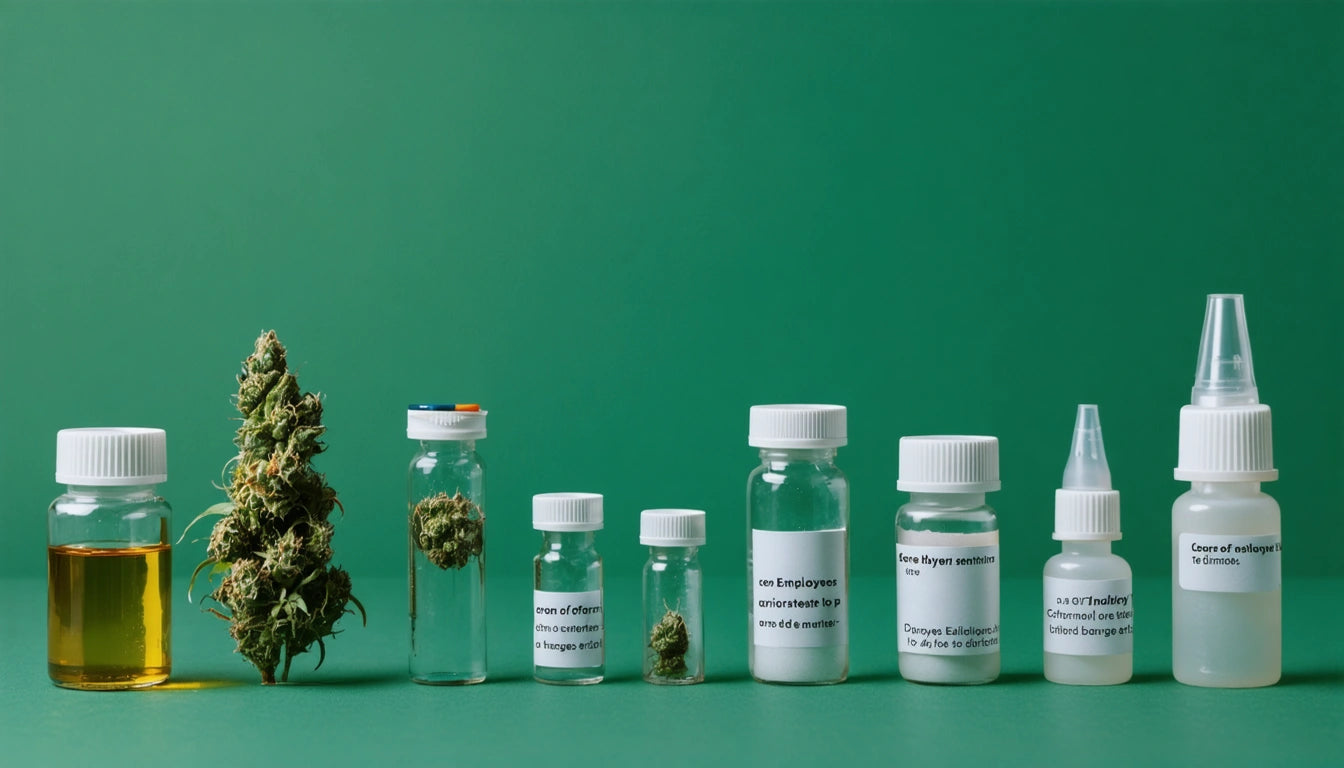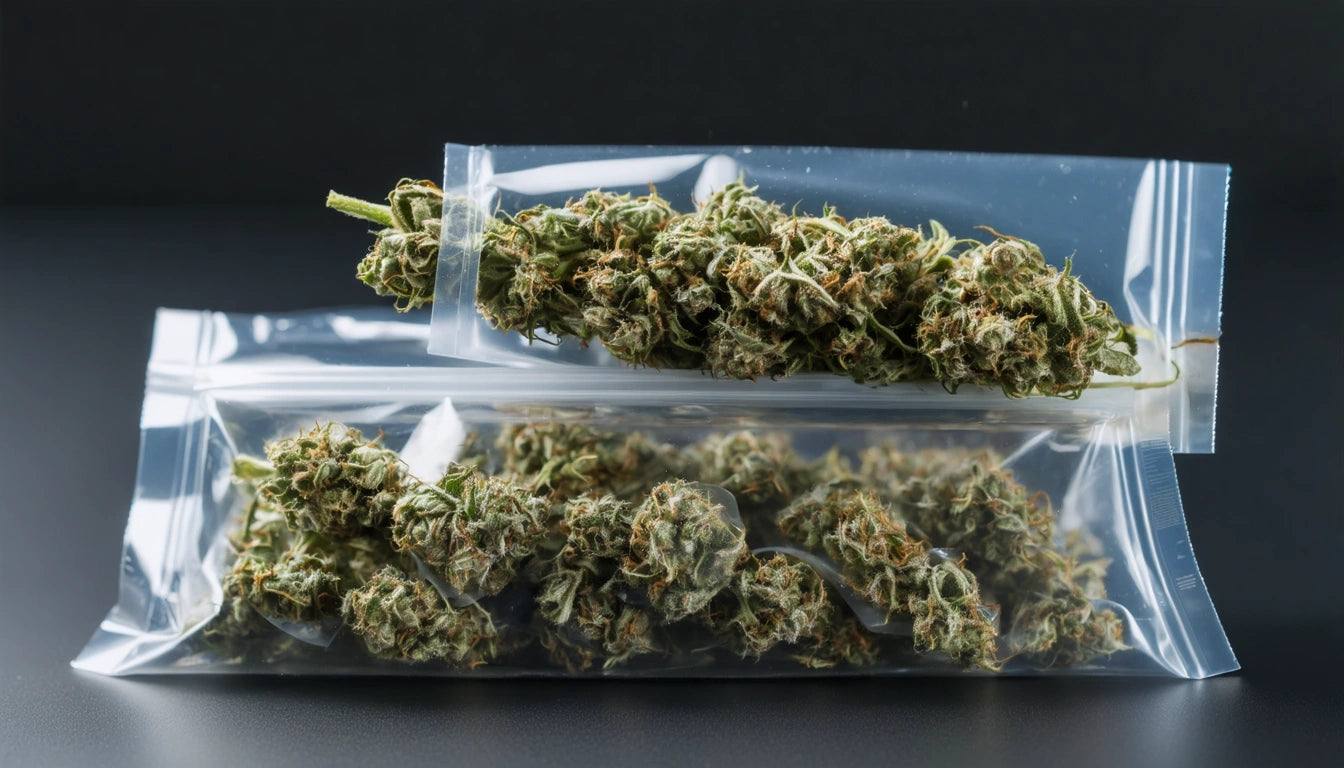Table of Contents
Can Cannabis Assist with Opiate Withdrawal Symptoms?
The opioid crisis continues to affect millions of Americans, with many seeking alternative methods to manage the often debilitating withdrawal symptoms when attempting to reduce or cease opioid use. Among these alternatives, cannabis has emerged as a potential option, leading many to ask: does weed help with opiate withdrawal? This article explores the current understanding of cannabis as a possible aid during opiate withdrawal, examining both scientific evidence and practical considerations.
Understanding Opiate Withdrawal
Opiate withdrawal occurs when someone who has developed physical dependence on opioids suddenly stops or reduces their use. The body, having adapted to the presence of opioids, reacts with a series of uncomfortable and sometimes severe symptoms.
Common Withdrawal Symptoms
- Muscle aches and pains
- Nausea, vomiting, and diarrhea
- Insomnia and restlessness
- Anxiety and agitation
- Excessive sweating and chills
- Elevated heart rate and blood pressure
These symptoms typically begin within 8-24 hours after the last dose and can last for a week or more, depending on the specific opioid and duration of use. The intensity of withdrawal often drives individuals back to opioid use, creating a cycle that's difficult to break.
Cannabis Compounds and Pain Management
Cannabis contains over 100 cannabinoids, with THC (tetrahydrocannabinol) and CBD (cannabidiol) being the most well-studied. These compounds interact with the body's endocannabinoid system, which plays a role in regulating pain, mood, appetite, and sleep.
THC is known for its psychoactive effects and pain-relieving properties, while CBD offers anti-inflammatory and anxiolytic effects without the high. Both compounds may address different aspects of opiate withdrawal, potentially offering relief for specific symptoms.
Potential Benefits for Withdrawal Symptoms
Many individuals report that cannabis helps alleviate specific opiate withdrawal symptoms. The question "can weed help opiate withdrawal" is commonly asked by those seeking alternatives to conventional treatments. Here's how cannabis might address various withdrawal symptoms:
Pain Management
Cannabis has demonstrated analgesic properties that may help manage the muscle aches, cramps, and generalized pain associated with opiate withdrawal. This is similar to how medicinal cannabis works for other pain conditions.
Nausea and Appetite
THC has known antiemetic effects, potentially reducing nausea and vomiting during withdrawal. Additionally, cannabis can stimulate appetite, helping individuals maintain nutrition when digestive symptoms are severe.
Sleep Disturbances
Certain cannabis strains, particularly indica-dominant varieties, may promote sleep and reduce insomnia, a common and distressing withdrawal symptom.
Mood Regulation
The anxiolytic and mood-stabilizing effects of CBD might help manage the anxiety, irritability, and depression that often accompany withdrawal. This relationship is explored further in articles about cannabis and anxiety.
Research and Clinical Evidence
The question "will weed help with opiate withdrawal" requires examination of the scientific evidence, which remains limited but promising.
Preclinical studies suggest that CBD may reduce heroin-seeking behavior and normalize heroin-induced impairment of the brain's reward system. Some small clinical studies have shown that cannabis use is associated with better outcomes for individuals in opioid addiction treatment programs.
A 2019 study published in The American Journal of Psychiatry found that CBD reduced drug cue-induced craving and anxiety in individuals with heroin use disorder, suggesting potential utility in managing aspects of addiction.
However, research specifically examining cannabis for managing acute withdrawal symptoms remains sparse, with most evidence being anecdotal or from observational studies rather than controlled clinical trials.
Risks and Considerations
While cannabis may offer benefits for some individuals during opiate withdrawal, several important considerations exist:
Substitution Concerns
There's debate about whether using cannabis during opiate withdrawal simply substitutes one substance for another. While cannabis has a significantly better safety profile than opioids, dependence is still possible.
Individual Variability
Not everyone responds to cannabis in the same way. For some, particularly those with certain mental health conditions, cannabis may exacerbate anxiety or other psychological symptoms, as discussed in articles about marijuana and depression.
Method of Consumption
Different consumption methods (smoking, vaping, edibles, tinctures) affect onset time, duration, and intensity of effects. During withdrawal, when symptoms can fluctuate rapidly, finding the appropriate method and dosage is crucial.
Legal Considerations
Despite growing legalization, cannabis remains federally illegal in the United States and illegal in many states and countries. This legal status can create barriers to access and research.
Medical Guidance and Legal Status
The question "does pot help with opiate withdrawal" should ideally be addressed with medical guidance. Withdrawal from opioids, especially after long-term or heavy use, can be dangerous and even life-threatening in some cases.
Medical professionals can provide:
- Personalized advice based on individual health history
- Monitoring for complications during withdrawal
- Integration of cannabis (where legal) with other evidence-based treatments
- Guidance on appropriate strains, dosages, and consumption methods
In states with medical cannabis programs, qualifying for a medical card may provide access to products specifically selected for symptom management, along with professional guidance from cannabis-knowledgeable healthcare providers.
Similar to how cannabis may help with alcohol withdrawal symptoms, its use for opiate withdrawal should be approached carefully and systematically.
Future Directions in Cannabis-Assisted Recovery
As research continues to evolve, cannabis may become a more recognized component of comprehensive addiction treatment programs. The future may bring:
- Specialized cannabis formulations targeted at specific withdrawal symptoms
- Better understanding of optimal cannabinoid ratios for addiction recovery
- Integration with other evidence-based treatments like behavioral therapy
- Development of clinical guidelines for cannabis use during withdrawal
For those asking if weed helps with opiate withdrawal, the answer is nuanced. While cannabis shows promise for managing specific withdrawal symptoms and potentially supporting long-term recovery, it's not a standalone solution. The most effective approach to opiate withdrawal and recovery typically involves medical supervision, possibly including medications specifically approved for opioid use disorder, combined with psychological support and lifestyle modifications.
If considering cannabis for opiate withdrawal, consult with healthcare providers knowledgeable about both addiction medicine and cannabis therapeutics to develop a safe, effective, and personalized approach to recovery.











Leave a comment
All comments are moderated before being published.
This site is protected by hCaptcha and the hCaptcha Privacy Policy and Terms of Service apply.